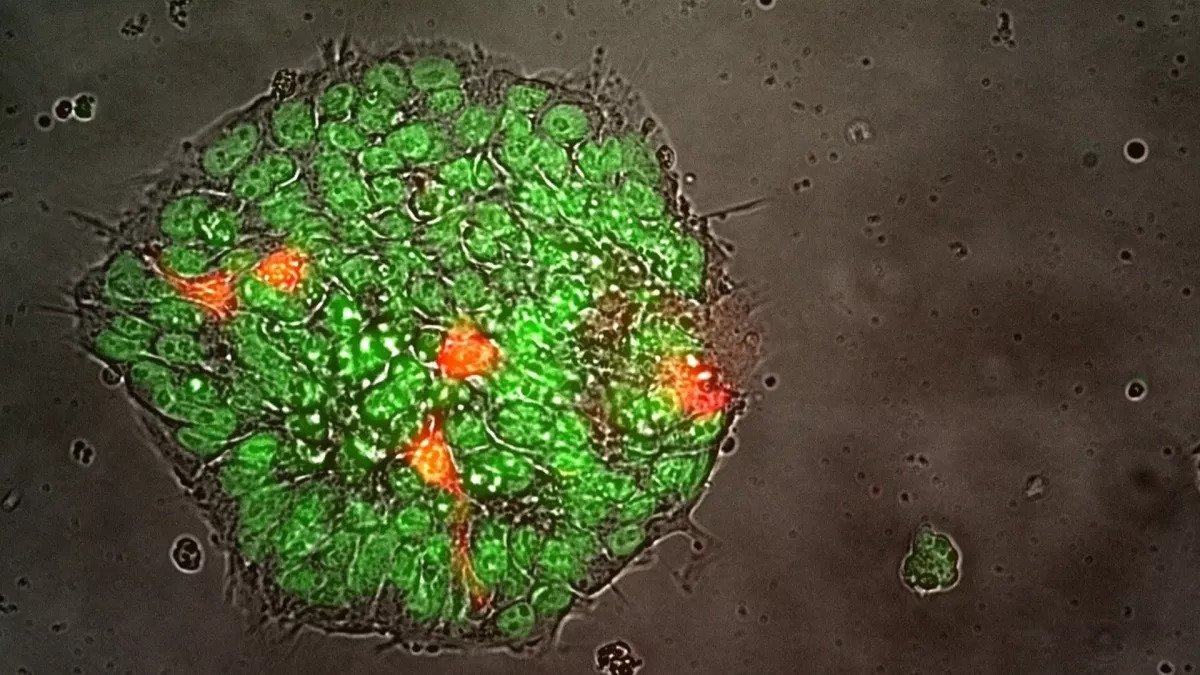Astronauts of the private Ax-2 mission, which starts at the end of May, will try to grow stem cells in space for the first time. The latter are capable of turning into cells of any type, so they are indispensable for the treatment of many diseases. Perhaps it is in orbit that they will be able to get enough of them.

Private space mission
The astronauts of the Ax-2 mission, organized by Axiom Space, will try to grow pluripotent stem cells in space. The flight is scheduled to begin on May 21, 2023, at 11:37 p.m. GMT+3. Four astronauts, whose training was completely private, would fly to the International Space Station on a SpaceX spacecraft.
They will carry with them a cargo of pluripotent stem cells that can transform into anything in the human body. For the first time in history, astronauts will place them in a nutrient medium in zero gravity and try to achieve normal separation and transformation into three main types of cells.
The work will be conducted under the guidance of the Cedars-Sinai Institute of Regenerative Medicine. Its representatives will arrive at the cosmodrome a week before the launch and will bring samples with them. The mission will last a week, but it will lay the foundation for future long-term stem cell research in zero gravity.
Ax-2 will be the second mission that Axiom Space has organized and carried out on board the ISS. The first, Ax-1, was launched aboard a SpaceX Falcon 9 in April 2022. In this mission, four private astronauts have been transported to the orbiting laboratory for more than two weeks. It was the first fully private mission of the International Space Station.
Why stem cells will be grown in space
Pluripotent stem cells usually exist in the human embryo at a certain stage of its existence. They are able to transform into three main types of cells from which the human body is built. These cells then differentiate further to form different cells and organs.
For research on board the ISS, pluripotent stem cells were specially created from ordinary adults, returning them to their original state. This biomaterial is indispensable for the treatment of many diseases and testing methods to overcome them in the laboratory.
Scientists pin their hopes on stem cells to overcome many diseases that are now considered incurable. The only problem is that now these biological materials remain an expensive artificial commodity. The gravity of the earth prevents them from expansion indefinitely without changing their state.
That is why scientists place great hope on growing stem cells in zero gravity. Potentially, this will allow them to receive billions of cells. But it still remains a mystery whether weightlessness will have any other effect and how the increased radiation level in orbit will affect biological processes.
According to www.space.com
Follow us on Twitter to get the most interesting space news in time
https://twitter.com/ust_magazine

